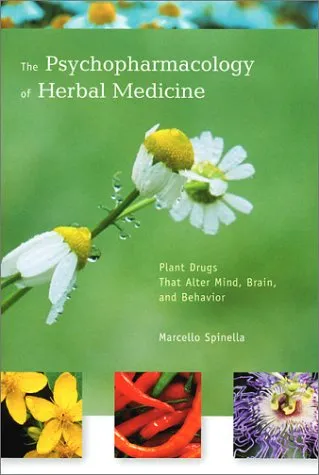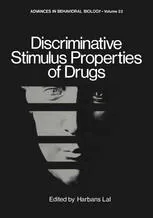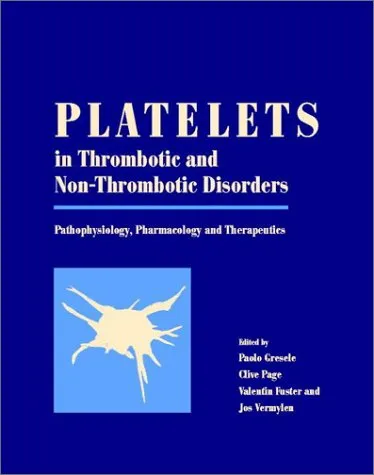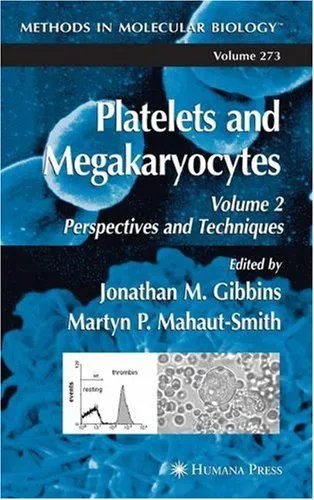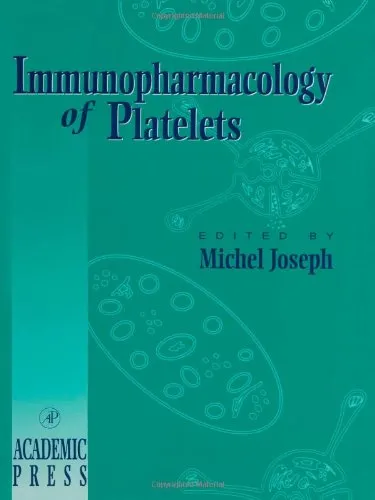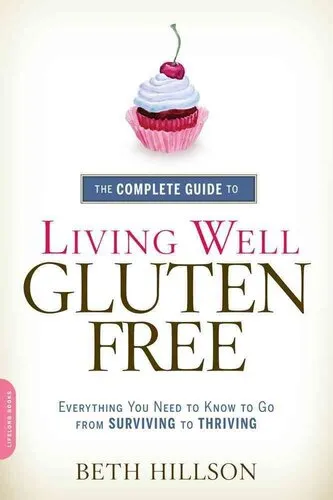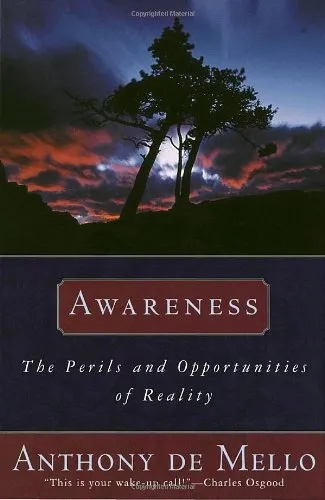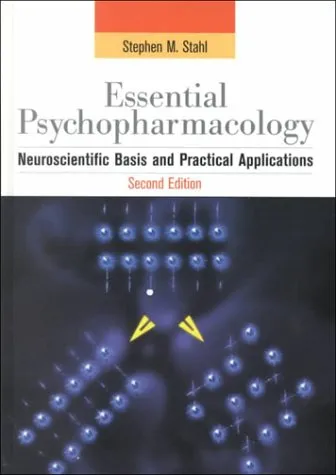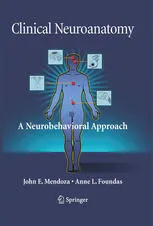The Psychopharmacology of Herbal Medicine: Plant Drugs That Alter Mind, Brain, and Behavior
4.0
Reviews from our users

You Can Ask your questions from this book's AI after Login
Each download or ask from book AI costs 2 points. To earn more free points, please visit the Points Guide Page and complete some valuable actions.کتاب های مرتبط:
Introduction
Welcome to The Psychopharmacology of Herbal Medicine: Plant Drugs That Alter Mind, Brain, and Behavior. This book dives deeply into the fascinating and complex world of herbal pharmacology, examining how certain plant-based compounds influence the human brain and behavior. Grounded in science yet accessible for readers without a technical background, this book serves as both a comprehensive reference for professionals and an engaging exploration for enthusiasts of medicinal plants. By addressing the biological, psychological, and cultural dimensions of herbal medicine, it presents a well-rounded perspective on the power and potential of nature’s pharmacy.
Today, herbal medicine is in a period of resurgence, with many seeking alternatives or supplements to conventional pharmaceuticals. However, despite their increasing use, relatively few people understand how these herbal compounds work, their effects on the brain, or the historical contexts that shaped their use. This book aims to bridge that gap, illuminating the intersection between ancient wisdom and modern science. It provides readers with a deeper appreciation for plant-based psychopharmacology while ensuring discussion remains rooted in rigorous research.
Detailed Summary of the Book
The Psychopharmacology of Herbal Medicine explores a wide array of plant-based drugs and their effects on the human brain. The book begins by introducing the core principles of psychopharmacology — a field of study focused on how substances interact with brain chemistry to influence emotions, cognition, and behavior. This foundational knowledge paves the way for a detailed examination of specific herbal compounds.
The text is organized around different categories of mind-altering or therapeutic effects, such as anxiolytic (anxiety-reducing), adaptogenic (stress-modulating), stimulant (energy-boosting), or sedative (calming). For each plant or compound, the book delves into its biochemical properties, mechanism of action, traditional usage, and modern applications. Ingredients like valerian for anxiety, St. John’s Wort for depression, or ginseng for cognitive enhancement are discussed in depth.
Beyond the neurochemical mechanisms, the book also considers cultural and anthropological perspectives. This includes a discussion of how indigenous practices and traditions shaped the use of herbal medicine, as well as an exploration of ethical issues in modern herbal product commercialization. Case studies and real-world applications enrich the narrative, making the science relatable and actionable.
Key Takeaways
- The pharmacological effects of herbal medicine are based on specific bioactive compounds that interact with the brain's neurotransmitter systems.
- Many popular herbal remedies, despite their grassroots popularity, are supported by substantial scientific evidence for efficacy and safety.
- Modern psychopharmacology often mirrors insights from traditional practices, highlighting the timelessness of certain herbal remedies.
- Understanding the brain's response to plant-based medicines enables more informed decisions about their therapeutic potential.
- Ethical and sustainable harvesting practices are critical for the future of herbal medicine.
Famous Quotes from the Book
"Nature’s pharmacy predates the advent of modern medicine but remains as relevant today as it was thousands of years ago."
"To understand how herbs affect the mind is to bridge the gap between biology and culture."
"The chemical complexity of plants is both their challenge and their beauty—few substances match their subtle interplay with the human brain."
Why This Book Matters
In a world increasingly drawn to plant-based solutions, The Psychopharmacology of Herbal Medicine provides clarity. Herbal medicine is not just an alternative to pharmaceuticals; it is a field demanding rigorous scientific exploration and respect for cultural heritage. By presenting both the science and the stories behind the plants, this book fosters informed decision-making and greater awareness of the possibilities and limitations of herbal therapies.
Moreover, it matters because it emphasizes responsible usage. Misunderstanding or misusing herbal compounds can be as dangerous as misusing conventional drugs. With chapters designed to foster awareness, the book encourages readers to prioritize not only individual health but also the well-being of ecosystems that sustain medicinal plants.
Whether you are a healthcare professional, a botanist, or someone simply curious about the mind-transforming potential of nature, this book speaks to the growing need for interdisciplinary knowledge about herbal medicine. It is both a timely and timeless guide to a remarkable domain of healing.
Free Direct Download
You Can Download this book after Login
Accessing books through legal platforms and public libraries not only supports the rights of authors and publishers but also contributes to the sustainability of reading culture. Before downloading, please take a moment to consider these options.
Find this book on other platforms:
WorldCat helps you find books in libraries worldwide.
See ratings, reviews, and discussions on Goodreads.
Find and buy rare or used books on AbeBooks.
1425
بازدید4.0
امتیاز0
نظر98%
رضایتReviews:
4.0
Based on 0 users review
Questions & Answers
Ask questions about this book or help others by answering
No questions yet. Be the first to ask!
